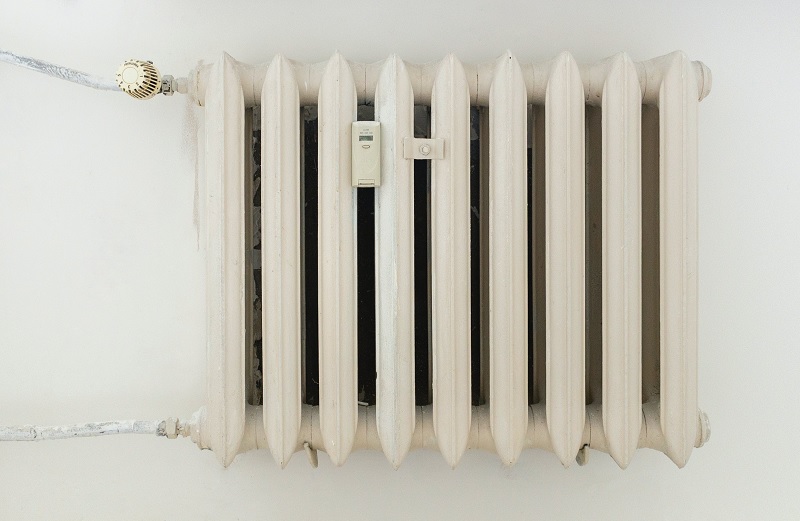Selecting a new furnace for your home is a critical decision that can affect your family’s comfort, safety, and energy expenses for years to come. With various furnace types, brands, and models available, it can be overwhelming trying to determine the best option for your home. To make an informed decision, it’s essential to consider various factors, such as your home’s size and layout, fuel type and availability, energy efficiency, climate, and your budget. At I Heart Amana, we strive to provide homeowners with the knowledge and expertise needed to choose the perfect furnace.
Furnaces provide central heating to your home by using a heat exchanger to warm the air and then distributing it through your home’s ductwork. Today’s furnaces offer a wide range of energy-efficient options and features that can provide consistent comfort and performance while minimizing energy costs. As you evaluate your heating needs, it’s necessary to familiarize yourself with various furnace types, efficiency ratings, and technologies available on the market.
Understanding Furnace Types: The Role of Fuel
There are three primary types of furnaces: natural gas, electric, and oil. Each type has its advantages and limitations, which can impact your home’s heating efficiency, fuel costs, and availability.
- Natural Gas Furnaces: Natural gas furnaces are the most popular choice among homeowners, mainly because of their energy efficiency and relatively low fuel costs. These furnaces require a natural gas supply, and their initial costs can vary depending on the need for new gas lines or additional infrastructure.
- Electric Furnaces: Electric furnaces are typically easier to install, as they don’t require gas lines or other fuel sources. However, their operating costs can be higher than natural gas furnaces due to the generally higher prices of electricity. Electric furnaces may be a suitable option for homes without access to natural gas or for homeowners looking for a more environmentally friendly heating solution.
- Oil Furnaces: Oil furnaces are less common, primarily due to their higher fuel costs and dependency on oil delivery. However, they can provide a reliable heat source in areas where natural gas or electricity may not be available.
Evaluating Furnace Efficiency: Annual Fuel Utilization Efficiency (AFUE) Ratings
Furnace efficiency is measured by its Annual Fuel Utilization Efficiency (AFUE) ratings, which is expressed as a percentage. The higher the AFUE rating, the more efficient the furnace is at converting fuel into heat.
- Standard Efficiency Furnaces: These furnaces offer relatively lower upfront costs, but may result in higher fuel costs over time.
- High-Efficiency Furnaces: High-efficiency furnaces are generally more expensive upfront, but their energy savings can offset the initial investment over time.
Determining the Right Furnace Size for Your Home
The furnace size or capacity plays a crucial role in ensuring consistent and efficient heating for your home. Too small a furnace will struggle to maintain desired temperatures, whereas an oversized one can lead to short-cycling and increased energy consumption. The correct furnace size should be based on factors like your home’s square footage, climate, insulation, and layout. Our professionals can perform a load calculation to determine the appropriate furnace size for your home.
Considering Additional Features for Enhanced Comfort and Performance
Modern furnaces offer numerous advanced features and technologies designed to enhance comfort, performance, and energy efficiency. Some additional features to consider when choosing a new furnace include:
- Variable-Speed Blowers: These blowers adjust fan speed based on your home’s heating demands, resulting in better air circulation, reduced energy consumption, and improved comfort.
- Two-Stage Heating: Two-stage furnaces operate at variable heat output levels, providing greater temperature control and increased energy efficiency.
- Zoned Heating Systems: Zoned heating allows you to control the temperature in different areas of your home, improving comfort and reducing energy waste.
Conclusion: Invest in a Furnace That Meets Your Home’s Unique Heating Needs
Choosing the right furnace for your home is an important decision with long-term implications on your comfort, energy bills, and heating system performance. By evaluating factors like fuel type, efficiency ratings, furnace size, and additional features, you can make an educated decision that provides the most benefits for your home and budget. Trusting I Heart Amana for guidance and quality products ensures that your new Amana furnace is selected with expertise, providing you with optimal performance and peace of mind for years to come.



Recent Comments